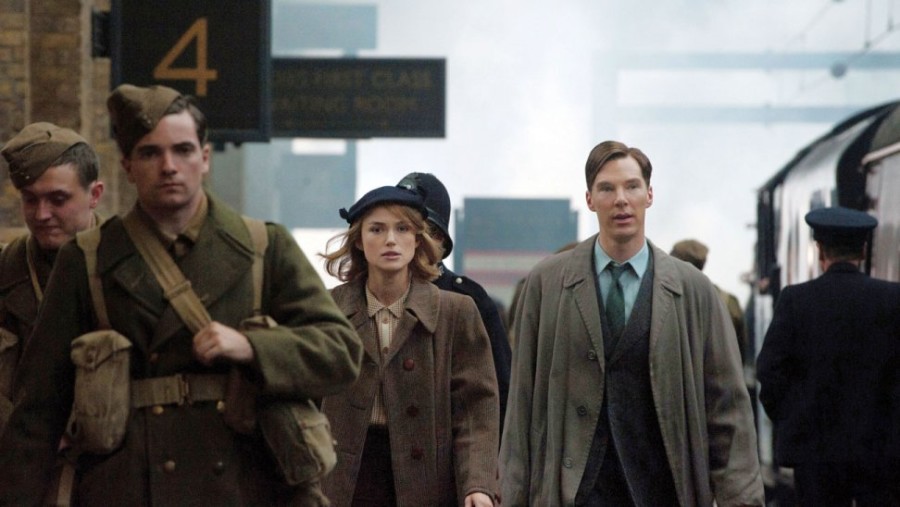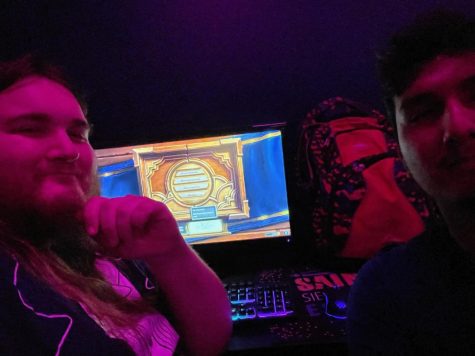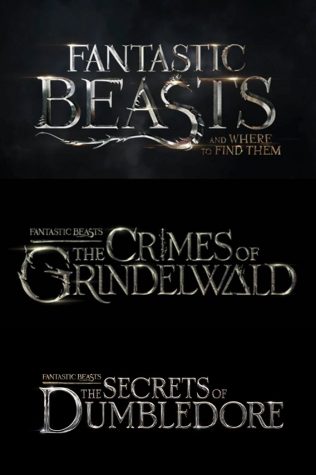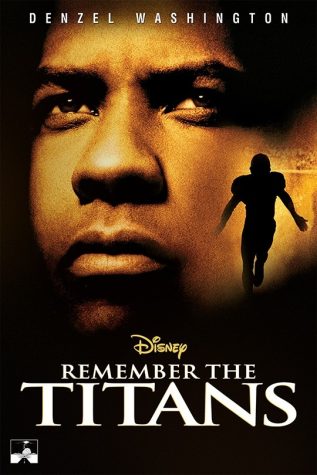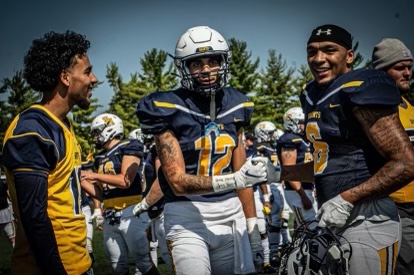Review: ‘The Imitation Game’ bolsters with a captivating story and engrossing performances
On one hand, The Imitation Game is a tense WWII thriller about a stellar team of Brits who cracked the Nazi Code Enigma. It has an inspirational, rallying and soft undertone that is uproarious and crowd-pleasing. On the other hand, the film is a dense, emotional examination of the tragic circumstances to which war can succumb and the ones that fell on Alan Turing, our reluctant hero, and the story for his quest of dignity, respect and truth. Turing brought victory to the Allies for creating such a revolutionary machine which essentially gave birth to the computer age and ended a war.
He would later be publically crucified and savagely punished for engaging in homosexuality – which was a crime in England at the time – before finally committing suicide in 1954. Instead of being given a chest full of medals and the recognition he deserved, he was forced to go through drug-induced treatments of brutality (taking hormones) in order to “fix” his sexuality. And because of the classification of the material (for some 50 years), barely anyone knew the extent of Turing’s immaculate discoveries and how he shortened the war and saved countless lives in the process. The film would later tell us that he was pardoned by the Queen of England in 2013 – too little, too late.
The socially awkward yet arrogant mathematician (played to impeccable perfection by Benedict Cumberbatch) has a hard read at first, but his pompous attitude and puzzling surface make it more intriguing (thanks to screenwriter, Graham Moore). The Imitation Game sticks to its guns by being a retrospect version of Revenge Of The Nerds, and first time English director, Morten Tyldum, provides just enough science to relay the information by spoonfeeding the audience just exactly what’s at stake it proves to be cause and effect.
Perhaps it may seem like a no brainer to cast hot-shot Cumberbatch, hot off his stirring Emmy win for playing the Arthur Conan Doyle sleuth “Sherlock Holmes.” Cumberbatch adds that intense layer of empathy and in the process has broken his own code in how to distinguish this eccentric genius as his own compelling entity. Turing has a brass secluding nature. His gaze is often averted, and despite his strong sense of confidence in his thinking capabilities, there is a certain element of unpredictability and melancholy about him.
However, if any can match Cumberbatch and his area of enlightenment, it’s Keira Knightley, who is so rich and heartwarming to watch explode on screen. She brings her own flare of spunk to Joan Clarke, who immediately wins over audiences as she is mistakenly pegged as a sectertial candidate – instead, her intentions of trying out as a code breaker becoming ceaselessly noticed and give Turing something to manifest. Clark is just as much the odd duckling in comparison to Turing – her wit and whimsical sense of humor make her an easy candidate to be so lovable.
Some of the best scenes in the film rely heavily on the chemistry and bond of Turing and Clarke as they both confide in each other, as they have everything to lose, especially since they have to hide their true identities. But by the end when it comes to revelation and many instances of zany conclusions and throwing hands in the air going “That’s it” – you will already be in fine tune (heavily invested) with the outstanding dramatic thriller. Alan Turing didn’t just save the world; he inspired millions of others to take risks and invite innovation. To this day, he continues to influence the world around us.
Grade: A+

